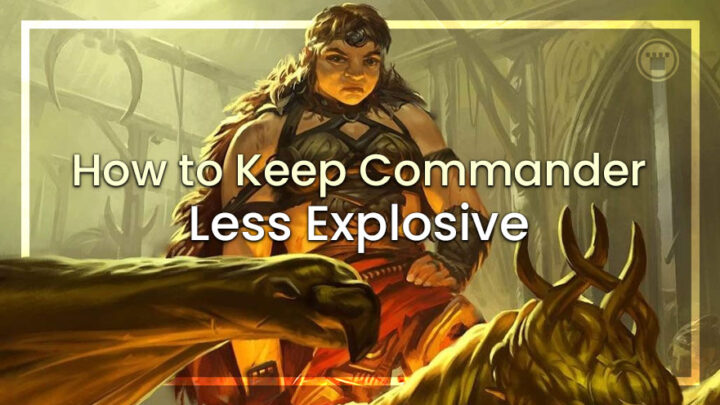The Commander format has one really fundamental problem: it’s explosive. And it’s only getting worse as time ticks on.
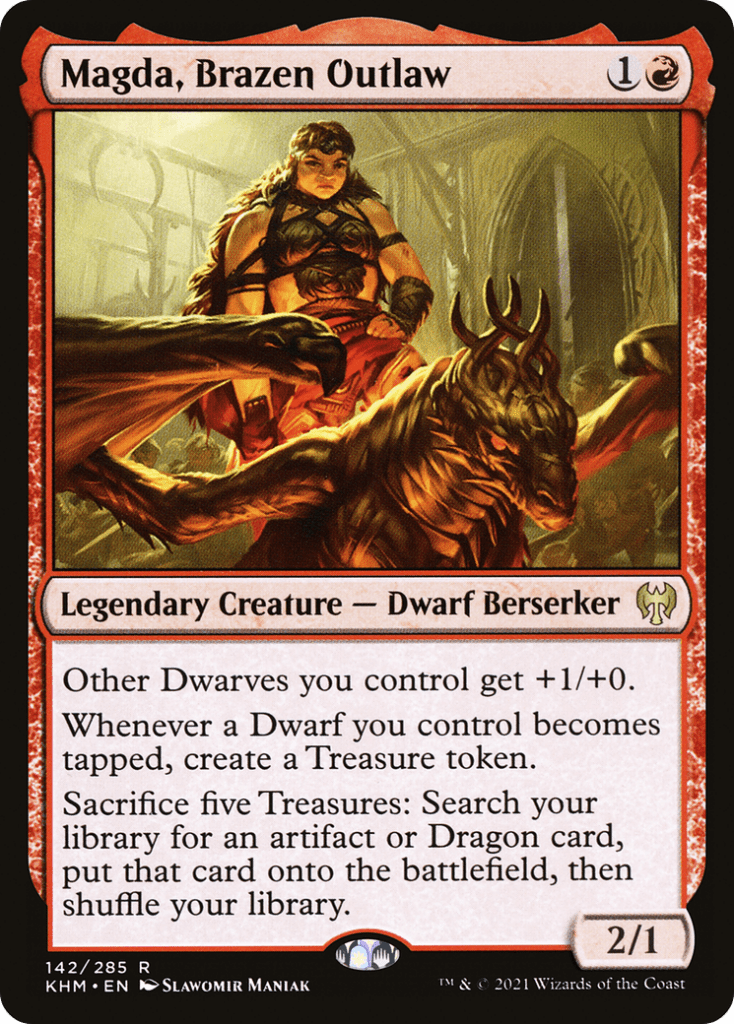
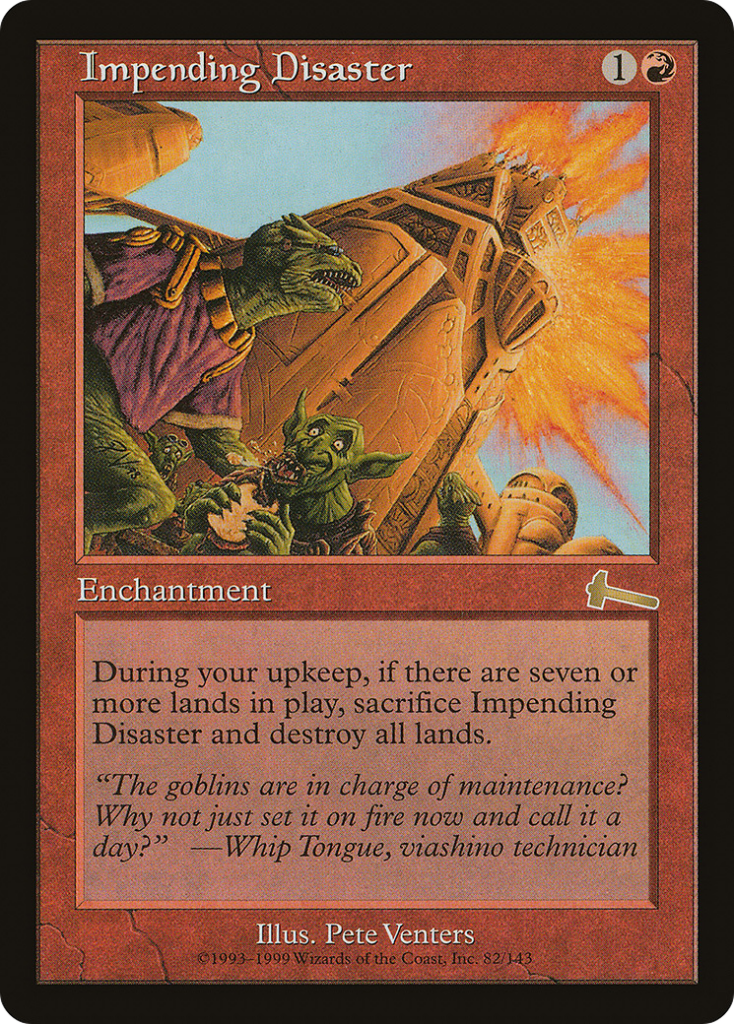
I don’t just mean that the community discourse is liable to blow up at the slightest provocation (although, true). I mean that multiplayer Magic, especially with the card pool and ruleset present in this format, naturally trends toward explosive play patterns — games where one or two turns feature the vast majority of relevant plays and decisions.
Some decks play this style of game better than others, and some players enjoy it more than others. But there is certainly a demographic (and I’m among them) that feels this quality detracts from their fun. Explosive play cuts away at the promised creativity and variety that draws many brewers and niche deck lovers to Commander in the first place.
Worse, it creates long, boring stretches in games where whole turn cycles pass without much change in the board state. Such mounting tension can be fun in 1v1 Magic — or at least it passes faster. But waiting 15 minutes or more for your turn to come back around in casual multiplayer hurts even more when that turn consists solely of “draw, go.”
I find games are more fun when a majority of turns feel important, where the game state and decision trees are constantly changing and where proactive play is rewarding. But the rules of Magic and Commander specifically don’t always make that easy to achieve.
An inherent problem
Unfortunately, this explosive trend seems inescapable without fundamentally changing the rules of Commander. When most cards in history have been balanced around the “finish line” being 20 life, and a four-player game moves the goalposts all the way out to 120, it’s obvious that your metagame will end up dramatically skewed.
It just doesn’t make sense to try to “curve out” and reach that number by linearly adding more damage to your board, creature by creature. Those decks simply can’t compete across that distance with the potential of cards that synergize to scale multiplicatively, such as Slivers — even if the latter deck takes a few extra turns to pay off.
And of course, the efficiency of a strategy that scales infinitely, what we would recognize as a combo deck, blows everything else in Commander out of the water. Every other strategy must work much harder than expected to close games, while combos kill just as fast as they were originally designed to do. Faster, actually; some of them get to have one combo piece consistently available in the command zone.
This funhouse-mirror warping of balance is exaggerated even further by the power dynamics of free-for-all multiplayer. It is so much harder to justify tapping creatures or lands proactively on your turn when that means leaving yourself vulnerable for three or more opposing turns.
When it comes down to it, any kind of proactive play is essentially inviting your opponents to trade resources. And you simply cannot win games by trading resources against multiple opponents — particularly if one of those opponents is ignoring the struggle and saving their strength for one explosive turn.
The one-turn-kill is so dominant precisely because it minimizes the amount of proactive play required, down to just a couple of spells. It shortens the window your opponents have to interact, forcing them to hold up instants — but also the window to react in a strategic sense.
Multiplayer is theoretically self-policing. A player in a strong position will get most of the negative attention from opponents while they might let up on an opponent who falls behind. But the more easily a deck can win out of nowhere, the harder this kind of threat assessment becomes.
Even if you correctly identify that a certain deck or commander has to be stopped at all costs, I rarely see these situations turn into entertaining games. When a deck is built to win from nothing, it reduces the game state to an unexciting binary: either it’s already won… or it’s doing nothing.
These kinds of decks can produce a gripping staredown in 1v1, but not in multiplayer Commander. Either multiple players tag-team to block one opponent’s moves without sacrificing their own advancement or two players grind one another to dust while their opponents ignore them to scoot ahead.
Worst of all, this kind of strategy has a degenerative, self-reinforcing presence in the metagame. Having an opponent who might win from nowhere on any given turn forces you to constantly hold back your resources to represent interaction rather than using them proactively.
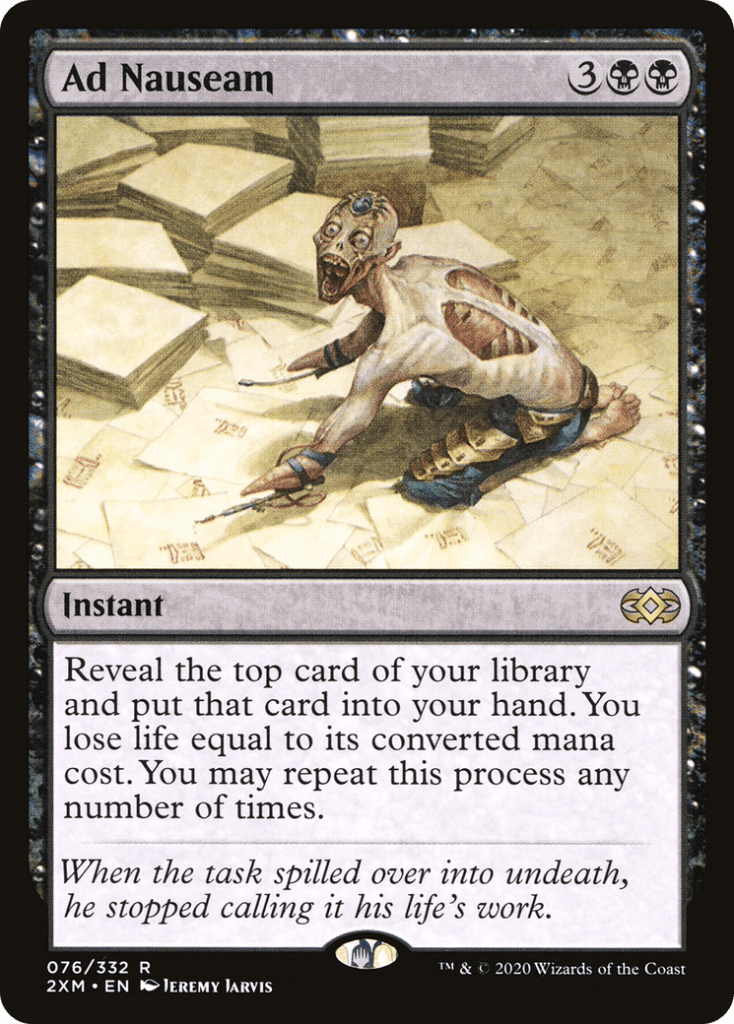
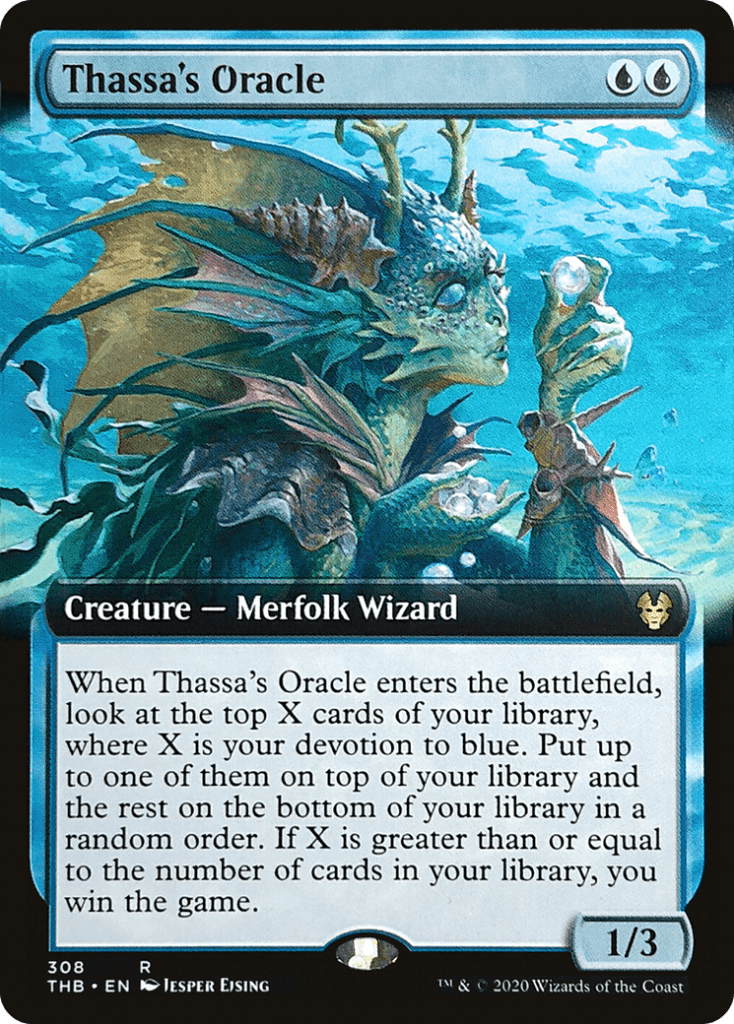
This makes instant speed effects and free spells even more dominant than in traditional Constructed. Furthermore: when you can’t afford to tap out except to kill your opponent, you’re essentially forced into relying on one-turn-kills of your own. Thus we arrive at a point in Commander history dominated by explosive combo wincons, and it often feels foolish to build around anything else.
Defusing the situation
Now, this piece is not meant to be a filibuster against combo strategies in particular, which absolutely deserve a place in Commander. But variety is the spice of life, and immediately narrowing the vast potentialities of Magic gameplay into this one strategic paradigm is a massive loss to the game’s most popular format.
But it’s not going to just go away. So, what can you do to fight back and play more Magic per game?
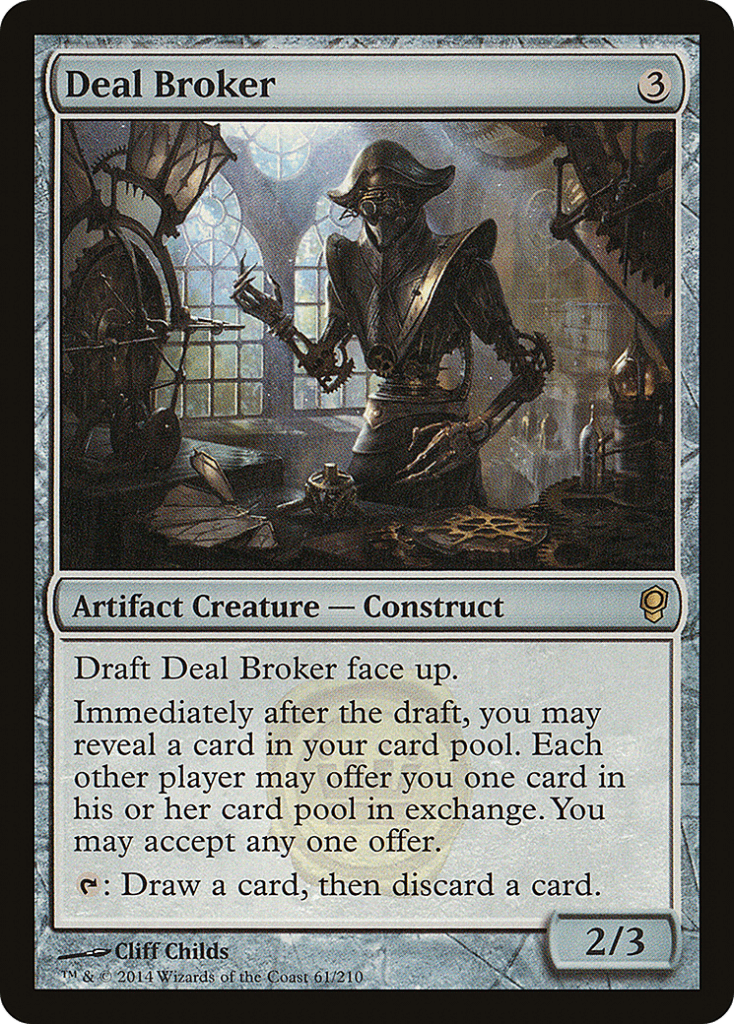
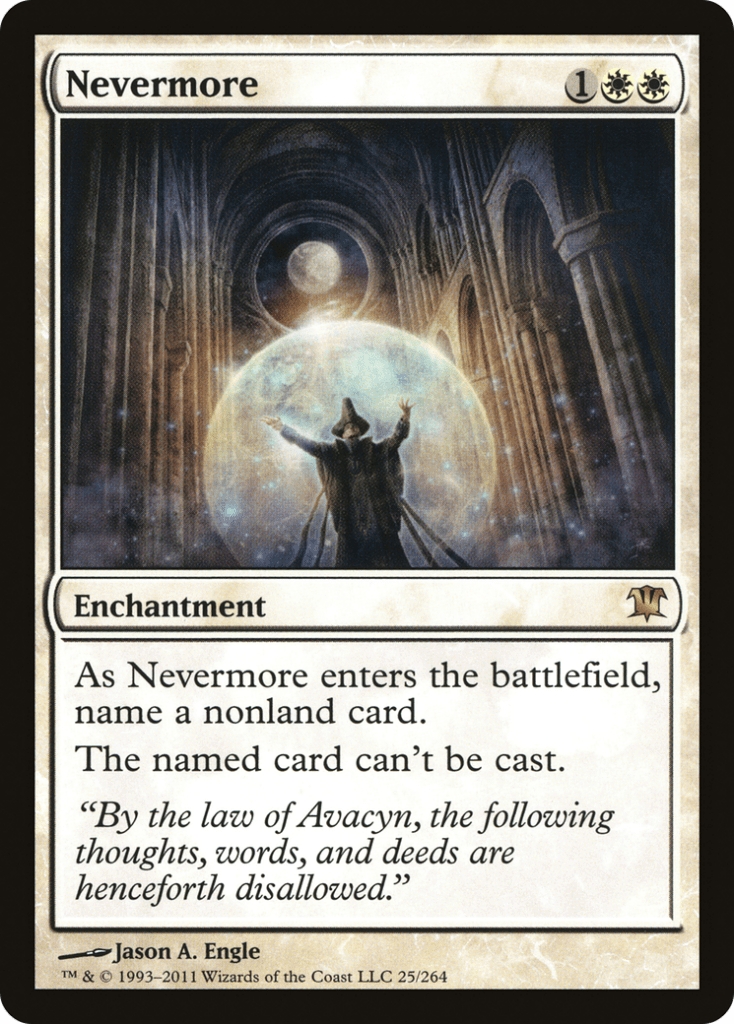
Rule Zero is always there as the first clap-back to any significant complaint about Commander. If you’re lucky enough to have a stable, friendly playgroup, you can agree to try and avoid strategies that are too linear, consistent and explosive. Those less fortunate can only try to build decks in a way that lets them continue to play a proactive game while still keeping more explosive wincons off the table.
This usually means you need to start by finding the lowest-commitment, most efficient way to advance your plan and apply gradual pressure. You may not be able to ride a single Delver of Secrets or Ragavan to lethal damage in this format, but you can duplicate the role of those early threats with a low-overhead resource engine.
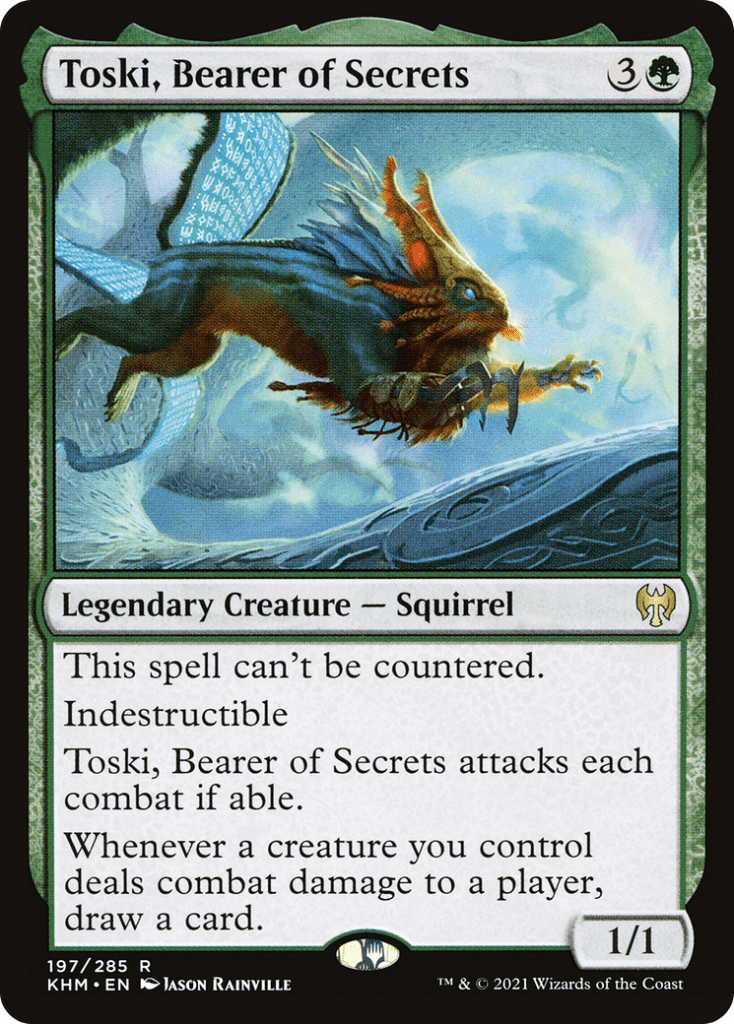
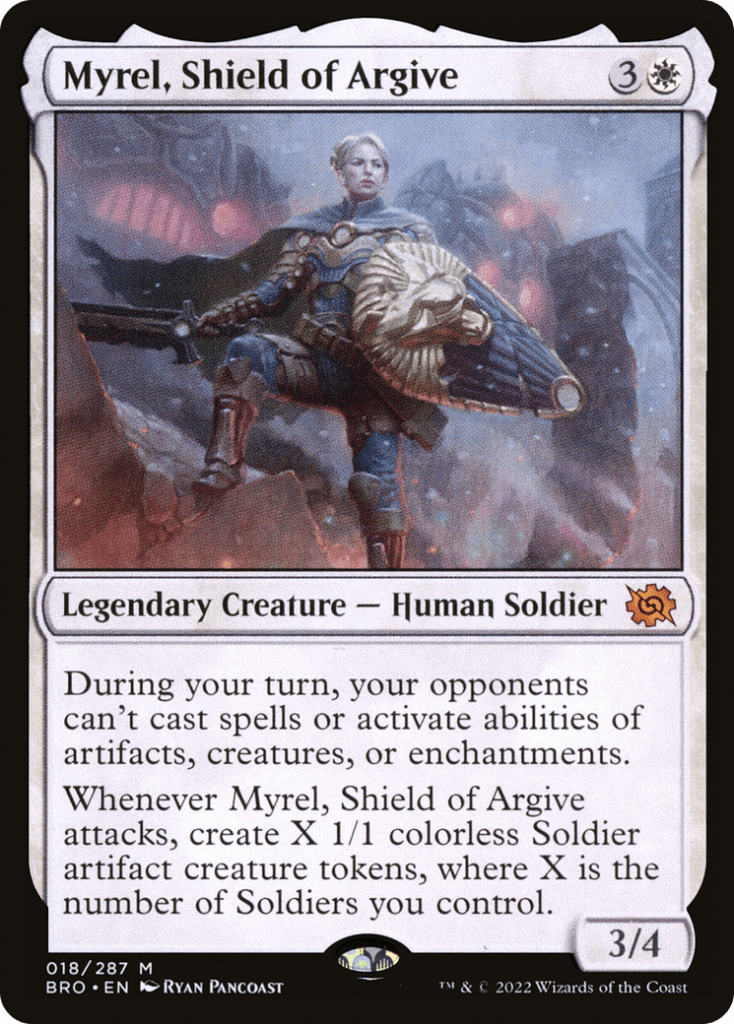
I’ve had a lot of success with my Sefris deck by replacing mana rocks with Merfolk Looter (and lookalikes). Upgrading my hand and graveyard over time is a very Commander way to apply early pressure with creatures, and after sneaking Sefris into play alongside them, the Looters can also start adding some serious threats to the board through her reanimation triggers — all while holding up counterspells to keep opponents honest and slow down the game.
In the past I’ve played Rashmi in a similar way, pairing a strong suite of interaction with value-based wincons I can get on board without tapping out. Of course, it’s possible to play toward an explosive finish in these shells, too, but I’m just glad I can choose to go for a more gradual win and create a different kind of gameplay without completely giving up the advantage.
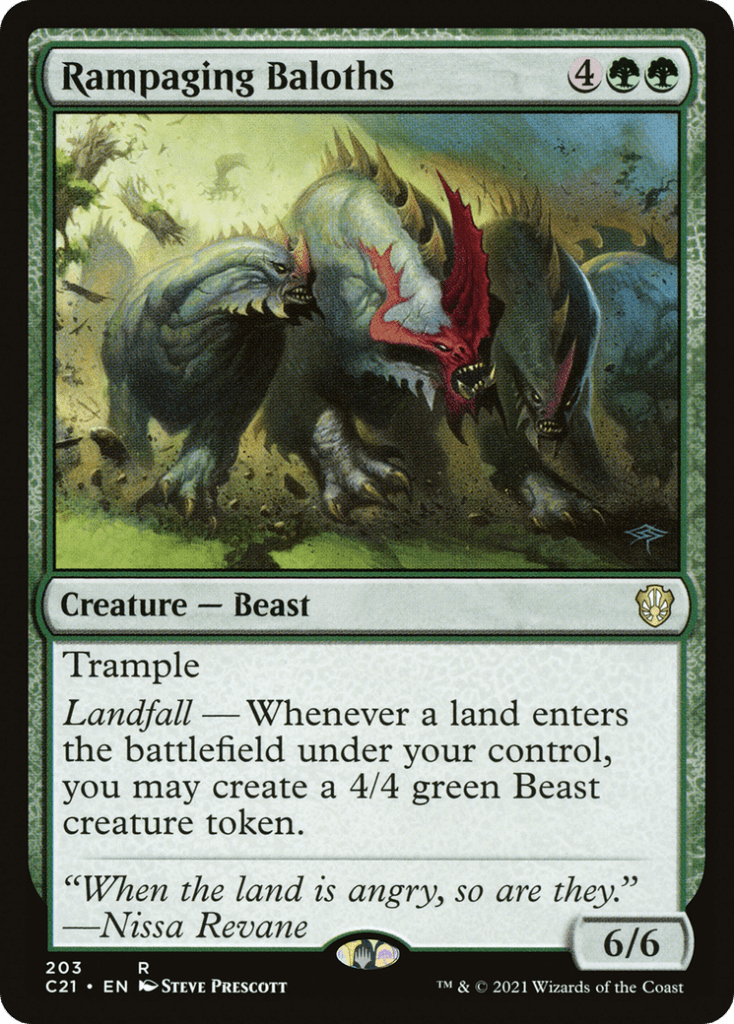

What about non-blue decks, which lack the stack interaction to stop a lot of one-turn lines? If you don’t want to race more explosive decks and you don’t have the tools to block them, you need to disrupt them proactively. Mixing in hatebears and prison pieces among more traditional aggressive elements is a bitter pill for some, but I do see it as the cure for what ails Commander.
Mono-color decks with wincons as sluggish as Heliod, God of the Sun have taken down cEDH tournaments with this philosophy, so it can absolutely level the playing field at your table. Whether it’s Linvala, Keeper of Silence, Ruric Thar, Stranglehold or Painful Quandary, find some aspect of the game that combo decks need more than you and make them fight over it!
It’ll make for a better story
What I like most about those permanent-based combo answers is they return focus to the board, where the stakes and action of each turn are publicly visible. Even when you’re not one of the players principally involved in the fight over these pieces, you can see how close they are unlocking a win — and that makes the game worlds more engaging to think about or watch.
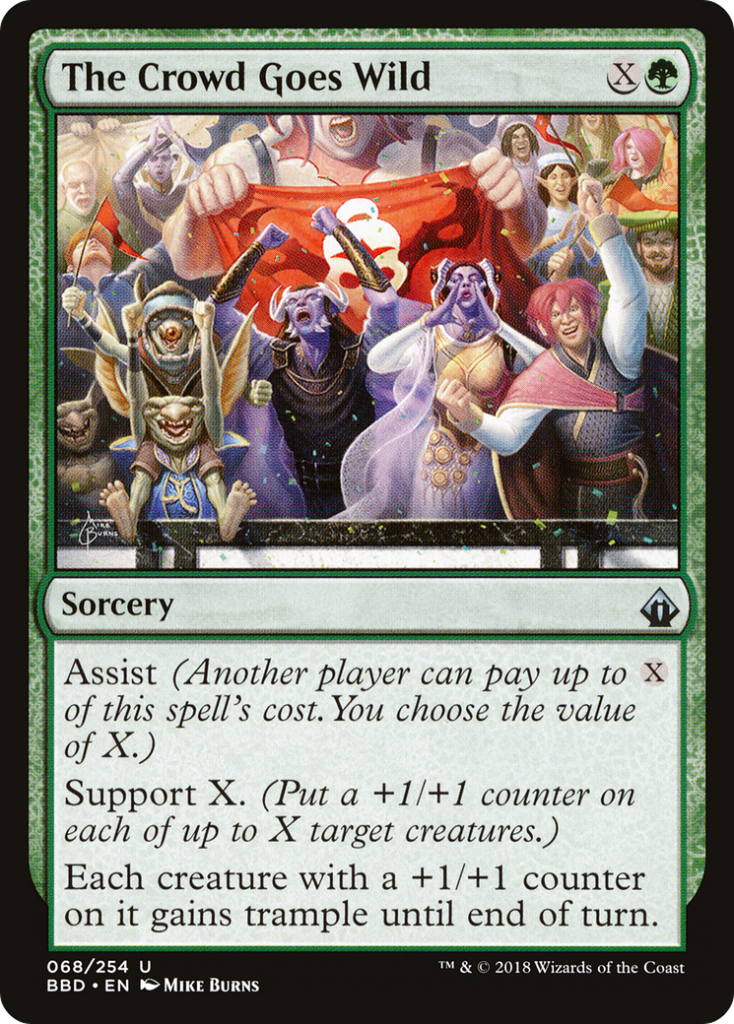
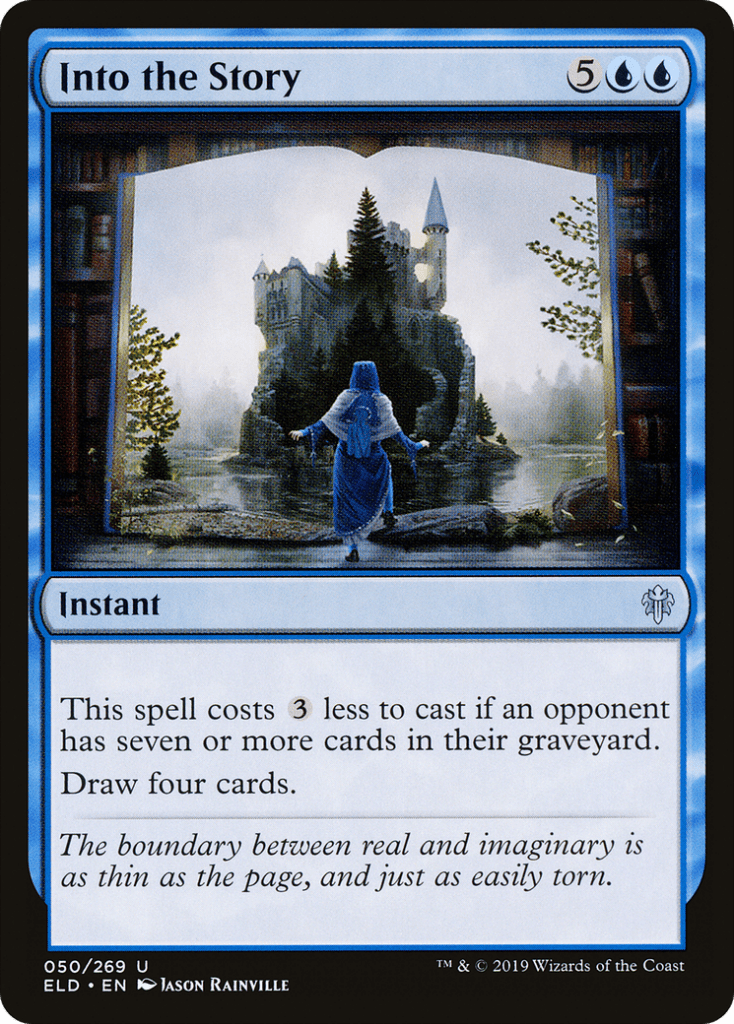
And that should really be a bigger priority when it comes to designing a format like this. Commander will always be a group storytelling game at heart, even if the stories we tell through it are ones of cut-throat competition.
There’s no prize money or Pro Tour berth on the line to justify grinding out a dull or repetitive game, and limited, long-term joy to be had in squeezing the majority of decks out of the metagame. Why would you not take every step to preserve and prioritize the kind of Magic you find fun?

Tom’s fate was sealed in 7th grade when his friend lent him a pile of commons to play Magic. He quickly picked up Boros and Orzhov decks in Ravnica block and has remained a staunch white magician ever since. A fan of all Constructed formats, he enjoys studying the history of the tournament meta. He specializes in midrange decks, especially Death & Taxes and Martyr Proc. One day, he swears he will win an MCQ with Evershrike. Ask him how at @AWanderingBard, or watch him stream Magic at twitch.tv/TheWanderingBard.

